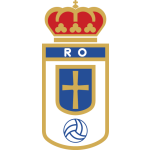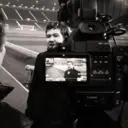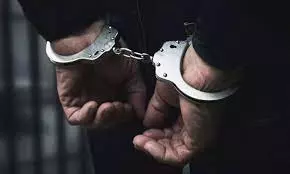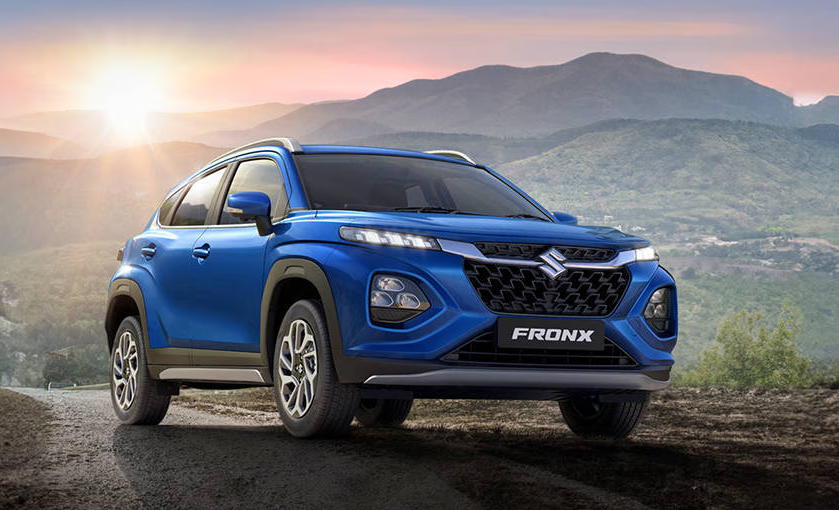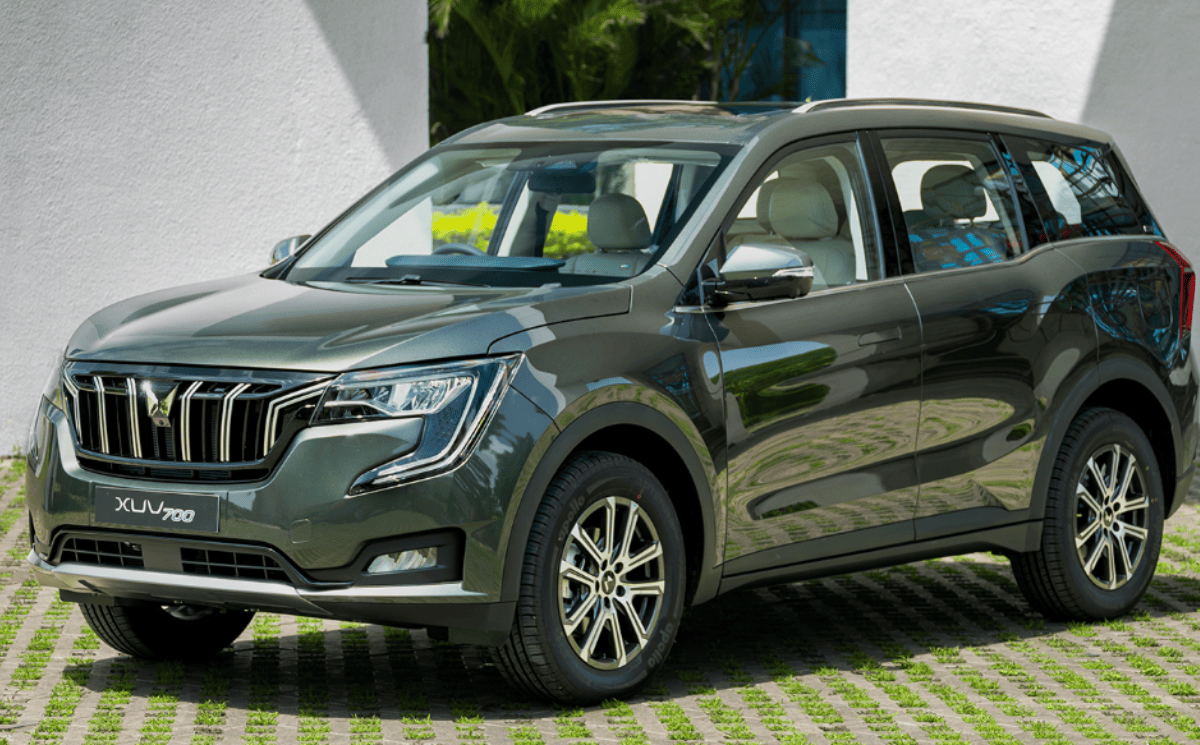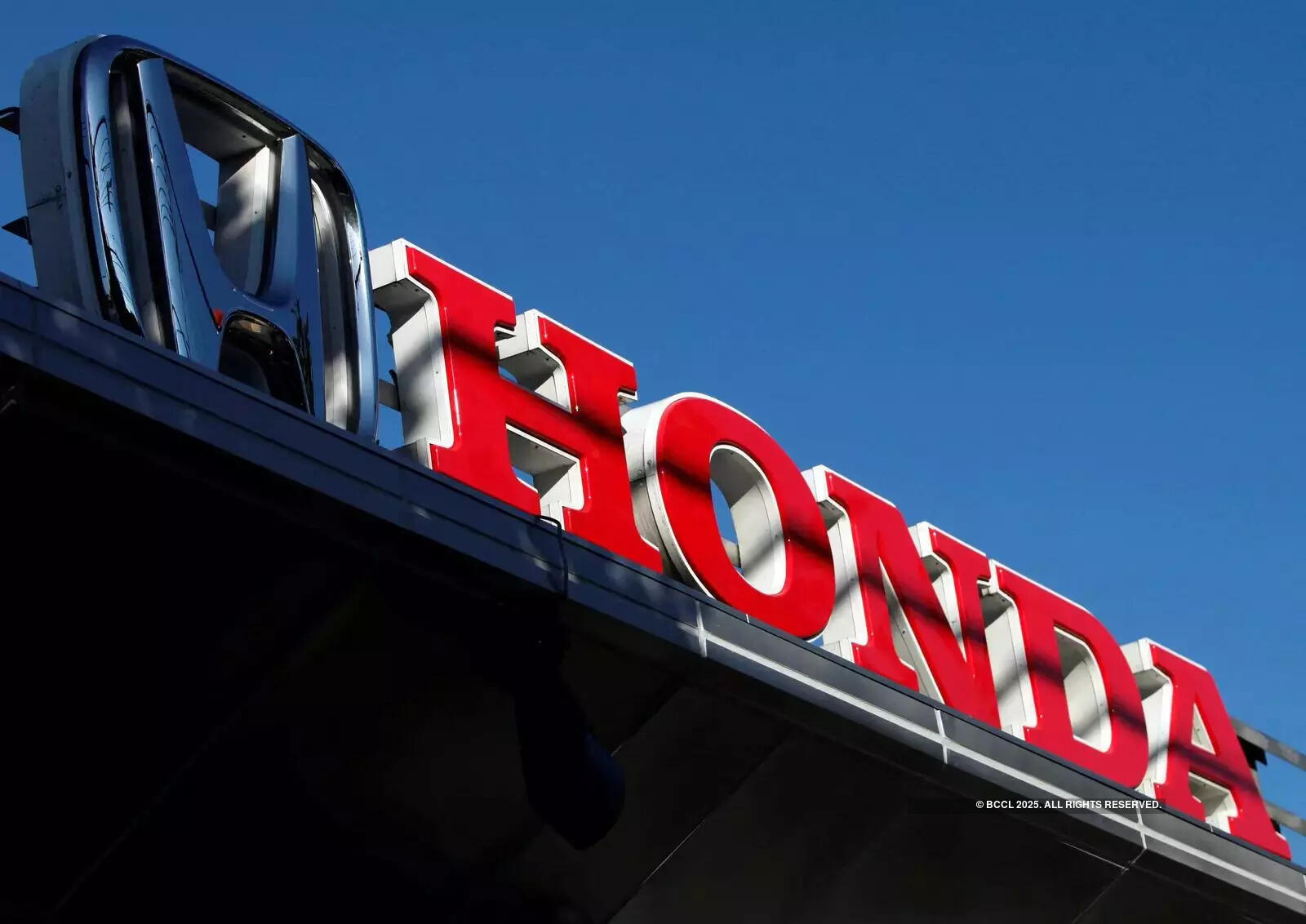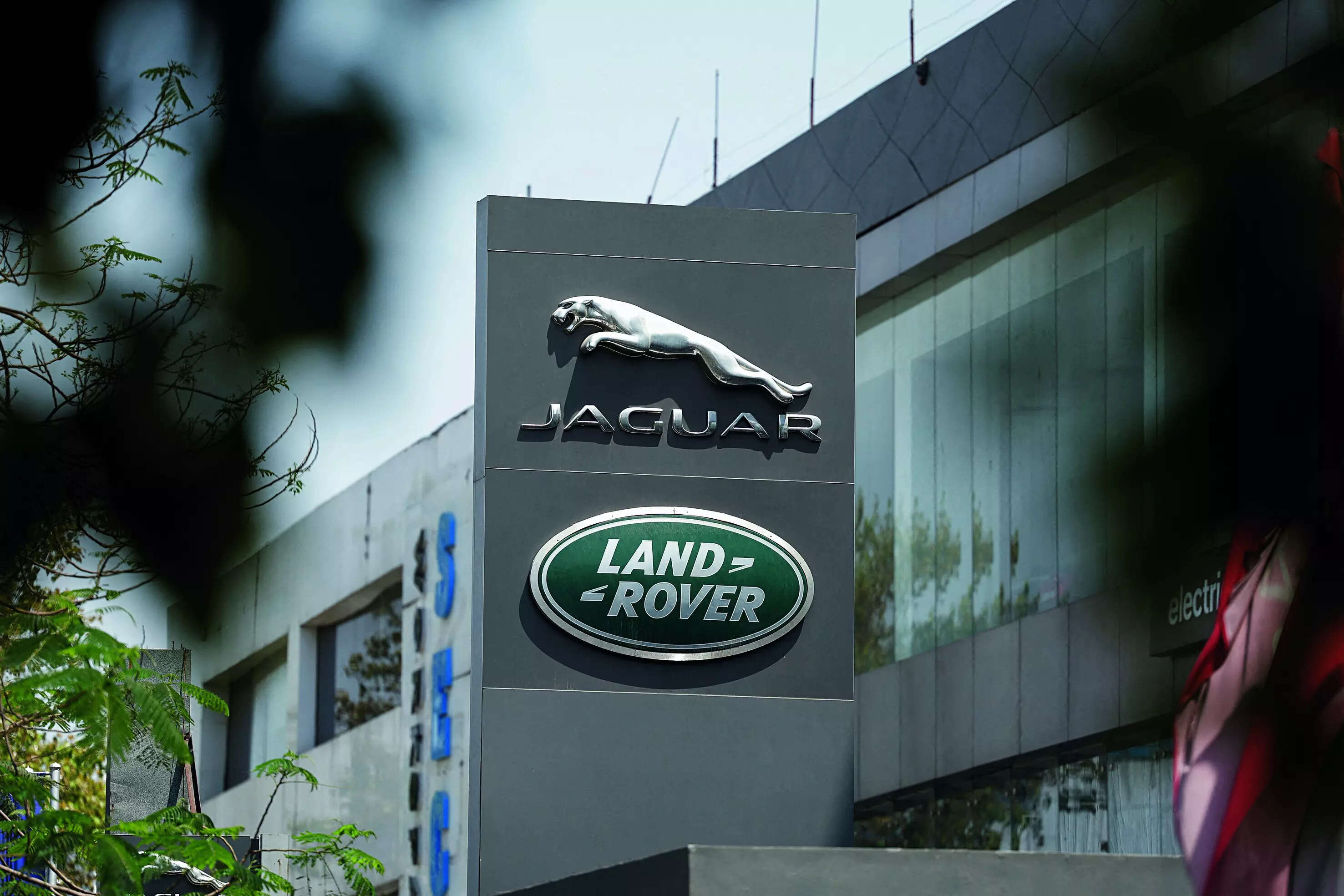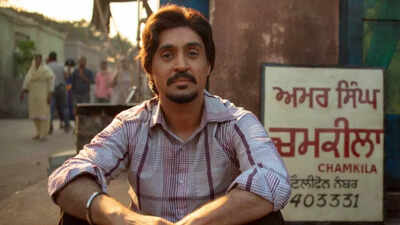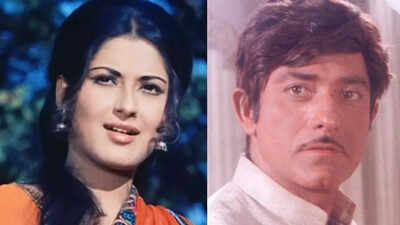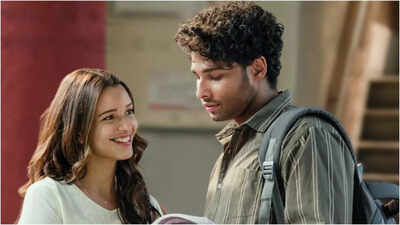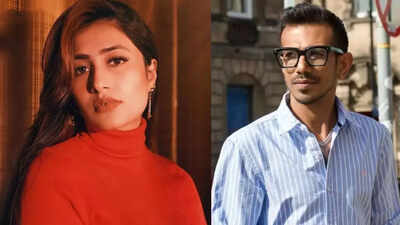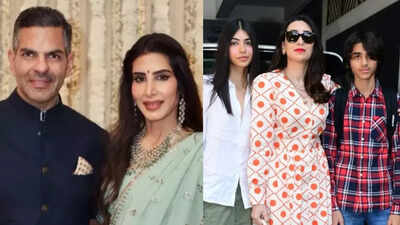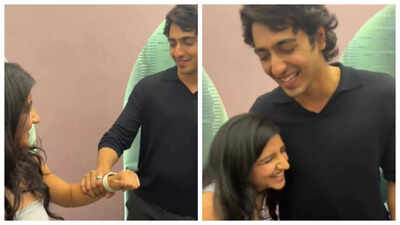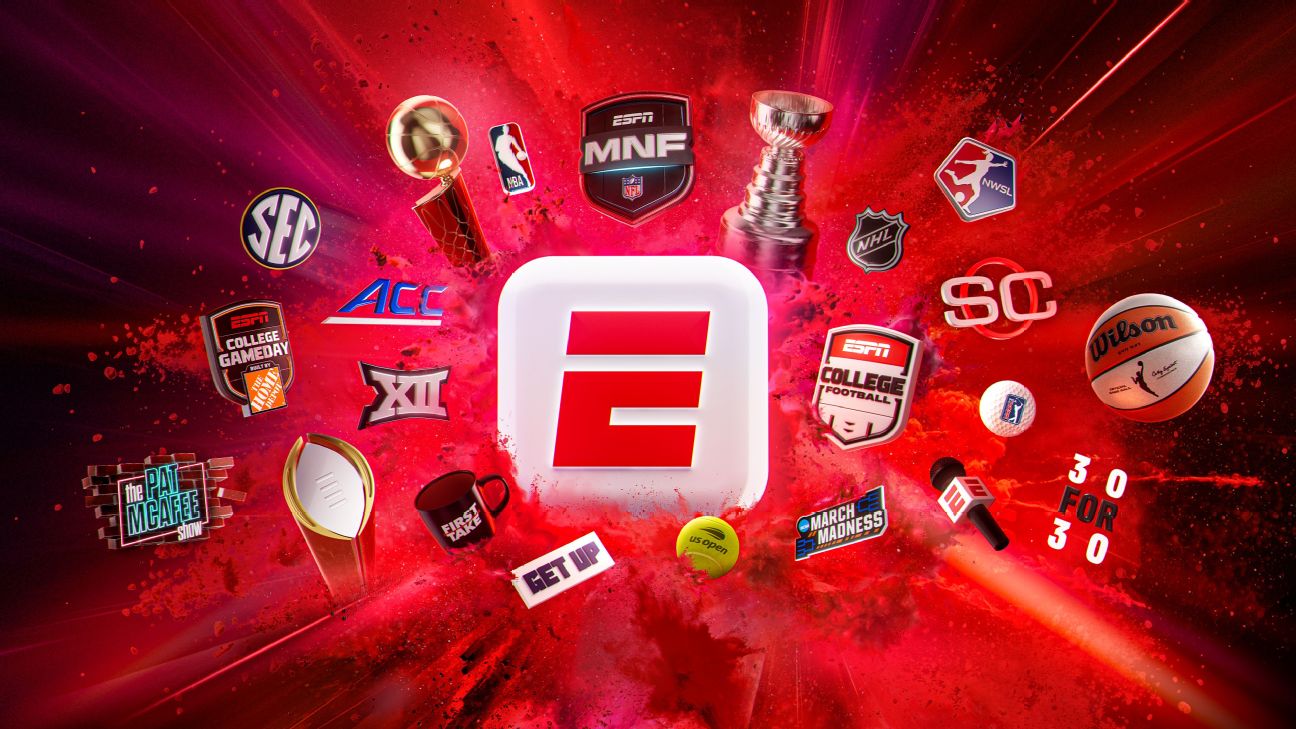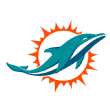Kylian Mbappé stood off to one side, smiling and waiting his turn, as Xabi Alonso sang his praises.
Mbappé had scored twice — and been named player of the match — as Real Madrid beat Marseille 2-1 in the Champions League. In the flash interview zone at the Santiago Bernabéu, the coach had a somewhat awkward task: publicly assessing his star forward’s contribution, within earshot of the man himself.
“He wasn’t bad,” Alonso told Movistar reporter Ricardo Sierra, laughing and glancing off-screen towards Mbappé. “As usual. Two goals. He has an incredible impact. We’re happy to have him, but there’s a long way to go, and we’re just getting started … and with him here, a metre away, I’m not going to say anything else, am I!”
😂 “His party has not been bad”@XabiAlonso y @Kmbappe con @Rsierraus. #Lacasadelf Fútbol #UCL pic.twitter.com/XhPuMnShw4
– Soccer at Movistar Plus+ (@Movistarfutbol) September 16, 2025
Real Madrid’s prospects of success this season, starting with winning Saturday’s derby at Atlético Madrid (stream live on ESPN+, US only, 10.15 a.m. ET), and ending by lifting major trophies in May, rest, above all, on the shoulders of these two men, Mbappé and Alonso. And it was success that eluded them in 2024-25.
Imagine this: a French forward, inspired by a charismatic coach, takes his game to another level to win a long-awaited Champions League, and is rewarded with the Ballon d’Or. Sound familiar? It worked for Ousmane Dembélécrowned 2025’s best male player on Monday, after starring for Luis Enrique’s Paris Saint-Germain. Why shouldn’t Mbappé repeat the formula in 2026 with Alonso’s Madrid?
Mbappé’s performance against Marseille drew direct comparisons with Dembélé. The forward led Madrid’s press, disrupting the visitors’ buildup play as Alonso’s team repeatedly won possession in dangerous positions, high up the pitch. Pundits on Spanish TV excitedly compared Mbappé’s display with the now-iconic image of Dembélé waiting hungrily — like a sprinter on his blocks — to press International‘s backline during last season’s Champions League final.
Luis Enrique moulded the talented Dembélé into an all-round, relentless forward, a selfless star when out of possession. It was a process he was never able to complete with Mbappé, who left Paris for Madrid in 2024.
“Attacking, you’re a god. There’s nobody else like you,” Luis Enrique famously told Mbappé, in a conversation recorded for the documentary called “You have no f—ing idea.”
“But the day you don’t attack, you have to be the best player in history at defending,” he continued. “That’s a leader. That’s Michael Jordan.”
– Hunter: Dembélé’s Ballon d’Or win feels like the dawn of a new era
– One player to watch from every team at the U20 World Cup
– Ogden: Are U.S. owners taking over English football?
It’s been one of the biggest, unanswered questions around Alonso’s new project: whether he can succeed where Luis Enrique failed in convincing Mbappé — who scored 44 goals in all competitions last season, but often looked ambivalent about defending — to become that player for Real Madrid.
So far, so good.
To cite one statistic: in six LaLiga games this season, Mbappé has made 15 ball recoveries. That’s 2.5 per game, compared to 36 recoveries in all 34 league appearances last season, or 1.06 per game. In Real Madrid’s 2-0 win over Espanyol on Saturday, the Bernabéu crowd cheered vociferously as Mbappé sprinted back — in the 73rd minute, with Madrid already two goals up — to disrupt a possible counter-attack by the visitors, winning the ball inside his own half before playing it safely back to goalkeeper Thibaut Courtois.
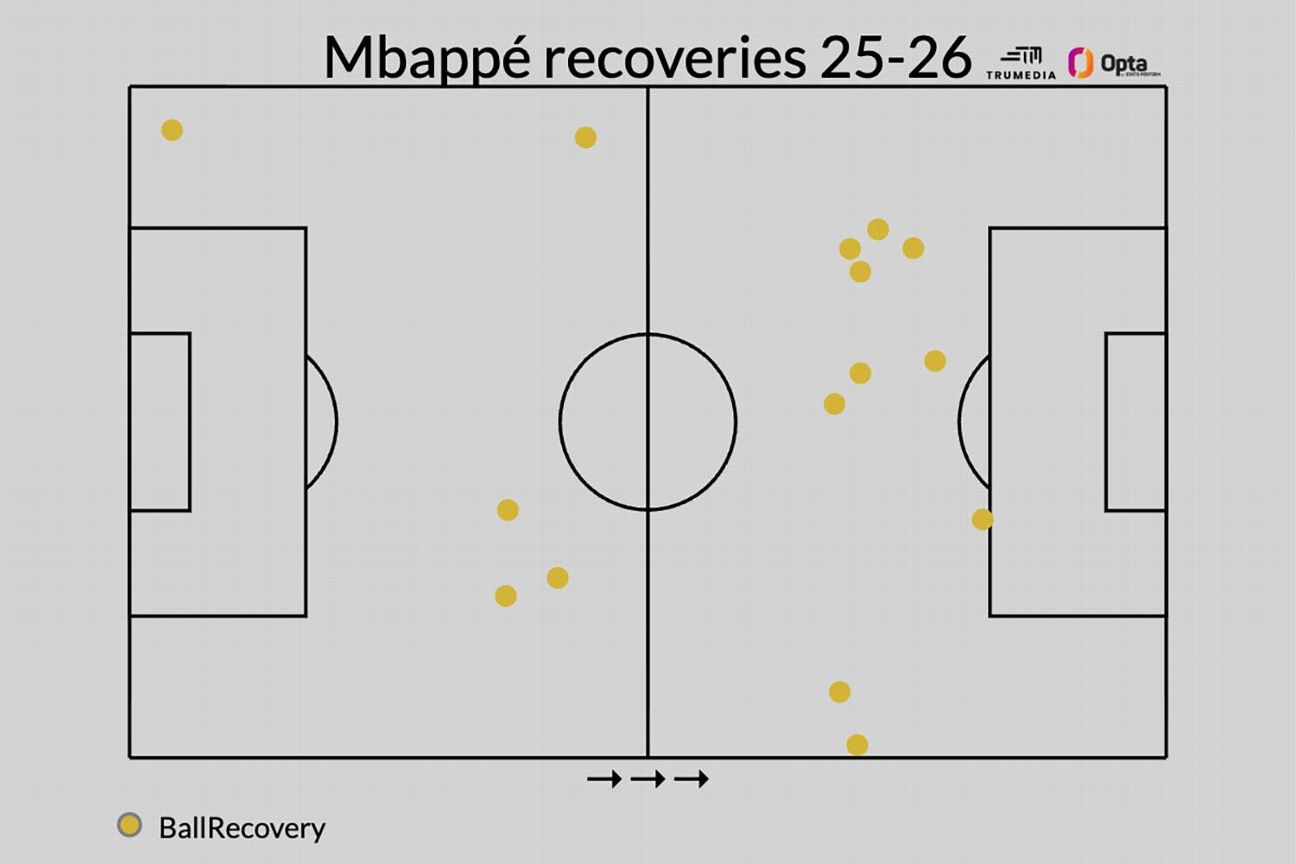
It was a tantalising, textbook illustration of what Mbappé’s game had often been missing until now. It was also evidence that for the time being, he’s buying into Alonso’s vision.
“Xabi wants us to win the ball back more quickly,” Mbappé said last week. “I do what the boss asks me to do. He wants a high block, to win the ball high up [the pitch] and then we can create chances. We’ll get used to it and it will help the team win trophies … I want to help the team. Whether it’s scoring goals, pressing, or with assists, I want to help the team.”
Alonso is notably careful with his words, consciously crafting each public statement to convey the message he wants to send. His praise of Mbappé’s football intelligence last month — “[Mbappé] likes football, he understands football,” he said, more than once — felt like a tacit admission: Mbappé gets it.
The forward watched as last season’s unbalanced Madrid side, under Carlo Ancelotti, fell short as their defensive shortcomings were exposed by top teams like Barcelona (aggregate score over four games in all competitions: 16-7 in Barça’s favour), or Arsenal in the Champions League quarterfinals (aggregate over two legs: 5-1 to Arsenal). And he appears to have accepted that something had to change.
The sample size is admittedly still too small for us to make confident, sweeping statements. Mbappé missed most of Alonso’s debut tournament as coach, the Club World Cupwith gastroenteritis, playing just 135 hesitant minutes. In six LaLiga games this season — plus Marseille in the Champions League — he has played 617 minutes.
Some metrics suggest that the change in Mbappé’s off-the-ball game is gradual, rather than radical, so far. In LaLiga, Mbappé is executing 12.47 ball pressures per 90 minutes in 2025-26, compared to 12.41 in 2024-25, according to data from LaLiga Football Intelligence. His high-intensity pressures are up only slightly, to 9.39 per 90 minutes, compared to 8.89 last season.
Mbappé’s ball pressures which actually lead to a recovery are at 3.24 per 90 minutes in 2025-26, a similar figure to his 3.49 per 90 minutes in 2024-25. And the percentage of time he spends walking during a LaLiga game has remained constant so far, at 77%. But in terms of what matters most — scoring goals — Mbappé has started 2025-26 at light speed, in marked contrast with 12 months ago, when he failed to score in his first three games. He already has nine goals in seven matches, taking his total for Madrid to 53 goals in 66 appearances.
In a series of statistics, Mbappé leads the way. He is the LaLiga player who has scored the most goals (seven, three more than any other player), has the highest expected goals (6.1),has taken the most shots (34, ahead of Real Betis‘ Cucho Hernández‘s 21), the most shots on target (10, level with Mallorca‘s Vedat Muriqi), the most shot-creating actions (48, ahead of Vinícius Júnior‘s 33), and the most successful take-ons (22, ahead of Lamine Yamal‘s 18). He’s also second in the league for key passes, behind teammate Arda Güler (18, To Güler’s 20).
“I was optimistic [about Mbappe’s form],” Alonso said last month. “Kylian’s Club World Cup was a bit ‘light’ because of the gastroenteritis. But we’re getting to know each other. Now you see the player he is.”
Some aspects of Mbappé’s game that were most criticised during his first season in Spain, such as his off-the-ball workrate and reliability from the penalty spot, look to have been remedied.
Mbappé had three penalties saved last season, admitting he “hit rock bottom” after two consequential misses in a week against Athletic Club and Liverpool. He has already converted four out of four this campaign, including a relaxed, clipped “panenka” penalty at Levante on Tuesday.
“Kylian is at an incredible level,” midfielder Aurélien Tchouameni said last week. “We know with him, we have more chance of winning games.”
Mbappé isn’t the only player who has taken on board the lessons of last season. “The problem comes when you don’t defend with 11 players,” Courtois said, in typically outspoken fashion, after the Marseille game. “The boss is really on top of the wingers now — Kylian, and the attacking midfielders like Arda — they have to get back quickly behind the ball, and that changes a lot.
“That’s the difference in whether [opponents] create danger or not. We have to keep doing that. The boss asks me to play higher up too, I have to run more! That’s what’s changed from last year.”
Another proviso is the opposition Madrid have played so far this season: Health, Real OviedoMallorca, Real SociedadMarseille, Espanyol and Levante. They are yet to be truly tested. But that is about to change.
On Saturday, Real Madrid visit Atlético in the Madrid derby. Last season, the meetings between the clubs couldn’t have been tighter, with two 1-1 draws in LaLiga, and a Champions League round-of-16 tie decided by a shootout, and Julián Álvarez‘s notorious double-touch penalty.
Real’s progress so far this season has been serene, with six wins out of six in LaLiga; Atletico have struggled, most recently digging deep to secure a 3-2 comeback win over Ray Vallecano on Wednesday.
“[Real] have grown compared to last season, in their collective play,” Atlético coach Diego Simeone said afterward. “They have decisive players all over the pitch.”
After the derby, more games against top teams are coming up: Juventus in the Champions League on Oct. 22, and Barcelona in LaLiga four days later, with Liverpool to come in November, and Manchester City in December.
By then, we’ll have a better idea of just how revolutionary Alonso’s Real Madrid are, and whether Mbappé’s transformation is a mirage, or something more tangible.

